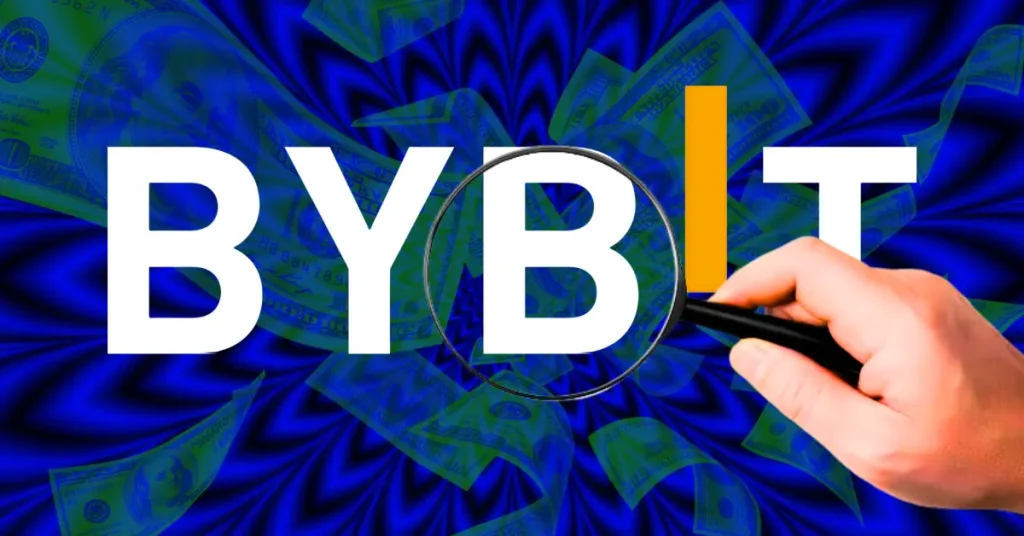ARTICLE AD BOX
Two US Democratic Senators are demanding answers from Meta CEO Mark Zuckerberg over reports that the social media giant is exploring a new stablecoin project.
In a letter dated June 11, Senators Elizabeth Warren and Richard Blumenthal asked Zuckerberg to explain Meta’s current ambitions in the digital currency space. The move follows news that the firm is engaging with crypto companies and hiring key talent to advance a fresh stablecoin initiative.
Meta reportedly hired Ginger Baker, a former fintech executive, to lead this effort. This development has renewed political scrutiny of the company’s digital payments strategy.
Concerns about Meta’s stablecoin efforts
Warren and Blumenthal argue that allowing a tech platform with Meta’s scale to control a private digital currency poses grave dangers. They fear it could weaken competition, compromise user privacy, and undermine federal control of the US monetary system.
The Senators stressed that Meta must clarify whether it plans to issue the stablecoin through its main operations or a separate entity. They also raised alarms about how the firm might exploit financial data from billions of users.
According to them:
“If Meta controlled its own stablecoin, the company could further pry into consumers’ transactions and commercial activity. The massive amounts of consumer data it would ingest could help Meta fuel surveillance pricing schemes on its platform, more intrusive targeted advertising, or otherwise help the company monetize sensitive private information through sales to third party data brokers.”
The Senators also cited Meta’s history of privacy violations and failures to combat scams on its platforms. They warned that introducing a payments system into this ecosystem could magnify risks such as money laundering, consumer harm, and national security threats.
They added:
“Stablecoins pose money laundering, consumer protection, and national security risks that, if left unchecked and administered by a company with a checkered compliance history, could significantly harm the American public. Meta has a troubling record when it comes to operating its platform.”
Considering this, the letter requests Zuckerberg to disclose which firms Meta has consulted regarding its stablecoin plans and whether it has lobbied Congress on related legislation.
In addition, the Senators asked how the new effort differs from Meta’s abandoned Libra and Diem projects.
Meta, Libra, and Diem
In June 2019, Facebook announced Libra, a digital currency initiative intended to be a stablecoin backed by a basket of fiat currencies and government securities. It was to be governed by the Libra Association, a consortium of companies and nonprofits.
However, it immediately attracted global regulatory scrutiny, particularly due to concerns about monetary sovereignty and competition with national currencies, fears regarding privacy, money laundering, financial stability, and Facebook’s prior privacy scandals (e.g., Cambridge Analytica) eroding trust.
Due to political and regulatory resistance, especially from the U.S. Congress, European Union, and central banks, many original backers (like Visa, Mastercard, and PayPal) exited the project.
In response, Libra was rebranded as Diem in late 2020, and the project shifted its goal to launch a single-currency stablecoin (USD-backed) instead of a multi-currency basket. However, U.S. regulators, most notably the Federal Reserve, the Treasury Department, and lawmakers, remained skeptical.
By early 2022, Meta’s Diem Association subsidiary sold off its assets to Silvergate Bank for approximately $200 million, marking the definitive end of Meta’s stablecoin ambitions to date.
Ultimately, intense political and regulatory opposition made it practically impossible for Meta to launch such a product under the prevailing environment.
Zuckerberg has until June 17, 2025, to provide a full response to the new inquiry.
The post Meta’s stablecoin plans face scrutiny from US Senators Warren and Blumenthal appeared first on CryptoSlate.
.png)
 5 months ago
8
5 months ago
8








 English (US)
English (US)